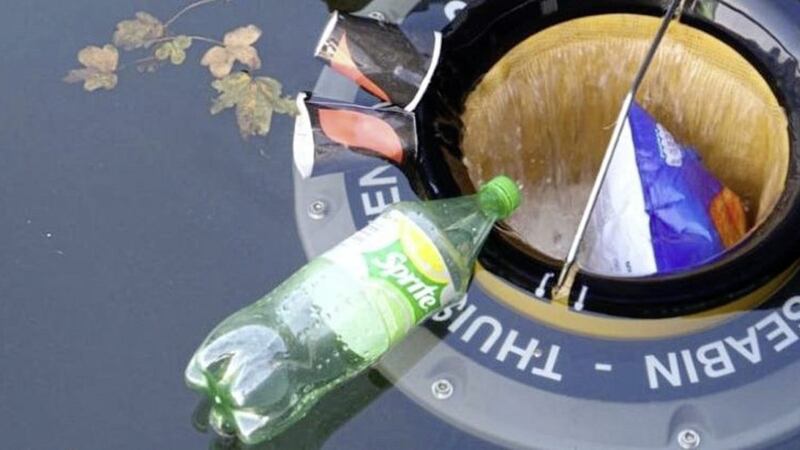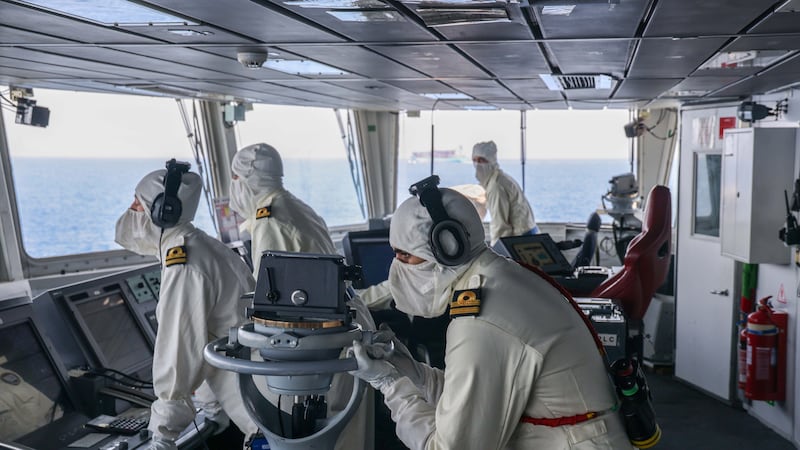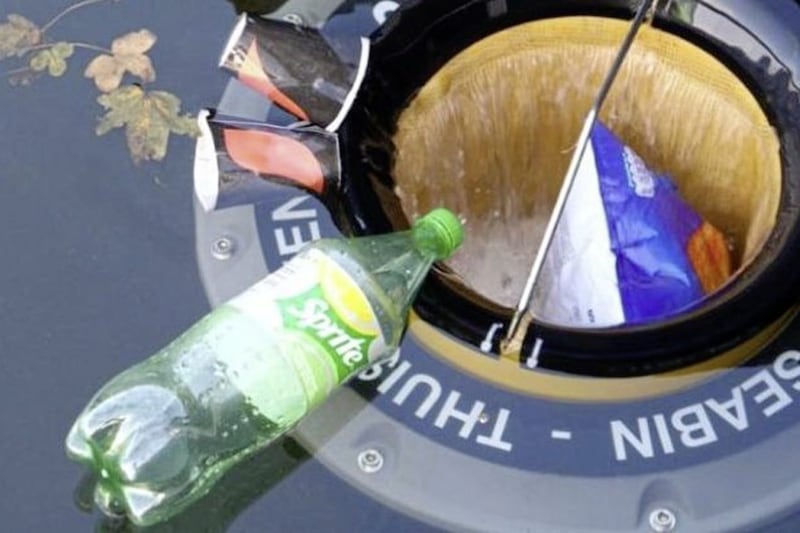A NEW way of clearing up rubbish along the coastline is to be introduced by Ards and North Down Borough Council.
It is set to become the first council in Northern Ireland to make a stand against water pollutants by introducing state-of-the-art floating seabins.
A seabin is a floating natural fibre rubbish bin that moves up and down with the tide collecting floating rubbish. Water is sucked in from the surface and passes through a catch bag inside the bin with a submersible water pump.
Water is pumped back into the marina leaving litter and debris trapped in a special catch bag so it can be disposed of properly.
The brainchild of two Australian surfers, Pete Ceglinski and Andrew Turton, seabins can collect up to half a ton of debris every year.
It is believed 10 bins, costing a total of £30,000, will be located around the North Down and Ards peninsula coastal harbours and marinas, with the initiative set to be ratified by the council by the end of September.
Stephen Addy from the council said the project will be paid for by its 'Recycling Community Investment Fund'.
"The Recycling Community Investment Fund was established in 2016 as a thank you to residents for their re-cycling efforts," he said.
"Each year it is being used to fund a variety of projects that directly benefit local residents.
"As a borough with 110 miles of coastline and which draws tourists as a result of its waterways, harbours and marinas, this initiative will help in our fight against the eight million pieces of plastic that find their way into our oceans daily, making the sea a cleaner and safer place for both residents and local marine wildlife."



